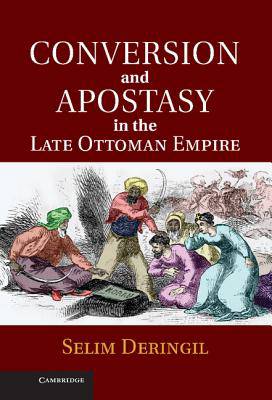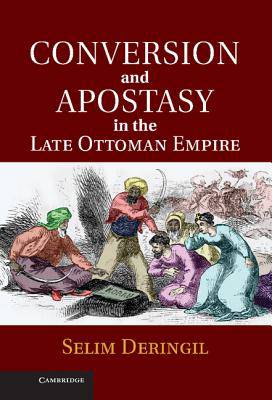
- Afhalen na 1 uur in een winkel met voorraad
- Gratis thuislevering in België vanaf € 30
- Ruim aanbod met 7 miljoen producten
- Afhalen na 1 uur in een winkel met voorraad
- Gratis thuislevering in België vanaf € 30
- Ruim aanbod met 7 miljoen producten
Zoeken
€ 97,95
+ 195 punten
Uitvoering
Omschrijving
The commonly accepted wisdom is that nationalism replaced religion in the age of modernity. In the nineteenth-century Ottoman Empire, the focus of Selim Deringil's book, traditional religious structures crumbled as the empire itself began to fall apart. The state's answer to schism was regulation and control, administered in the form of a number of edicts in the early part of the century. It is against this background that different religious communities and individuals negotiated survival by converting to Islam when their political interests or their lives were at stake. As the century progressed, however, and as this engaging study illustrates with examples from real-life cases, conversion was no longer sufficient to guarantee citizenship and property rights as the state became increasingly paranoid about its apostates and what it perceived as their "denationalization." The book tells the story of the struggle for the bodies and the souls of people, waged between the Ottoman State, the Great Powers, and a multitude of evangelical organizations. Many of the stories shed light on current flash-points in the Arab world and the Balkans, offering alternative perspectives on national and religious identity and the interconnection between the two.
Specificaties
Betrokkenen
- Auteur(s):
- Uitgeverij:
Inhoud
- Aantal bladzijden:
- 302
- Taal:
- Engels
Eigenschappen
- Productcode (EAN):
- 9781107004559
- Verschijningsdatum:
- 27/08/2012
- Uitvoering:
- Hardcover
- Formaat:
- Genaaid
- Afmetingen:
- 157 mm x 229 mm
- Gewicht:
- 521 g

Alleen bij Standaard Boekhandel
+ 195 punten op je klantenkaart van Standaard Boekhandel
Beoordelingen
We publiceren alleen reviews die voldoen aan de voorwaarden voor reviews. Bekijk onze voorwaarden voor reviews.











